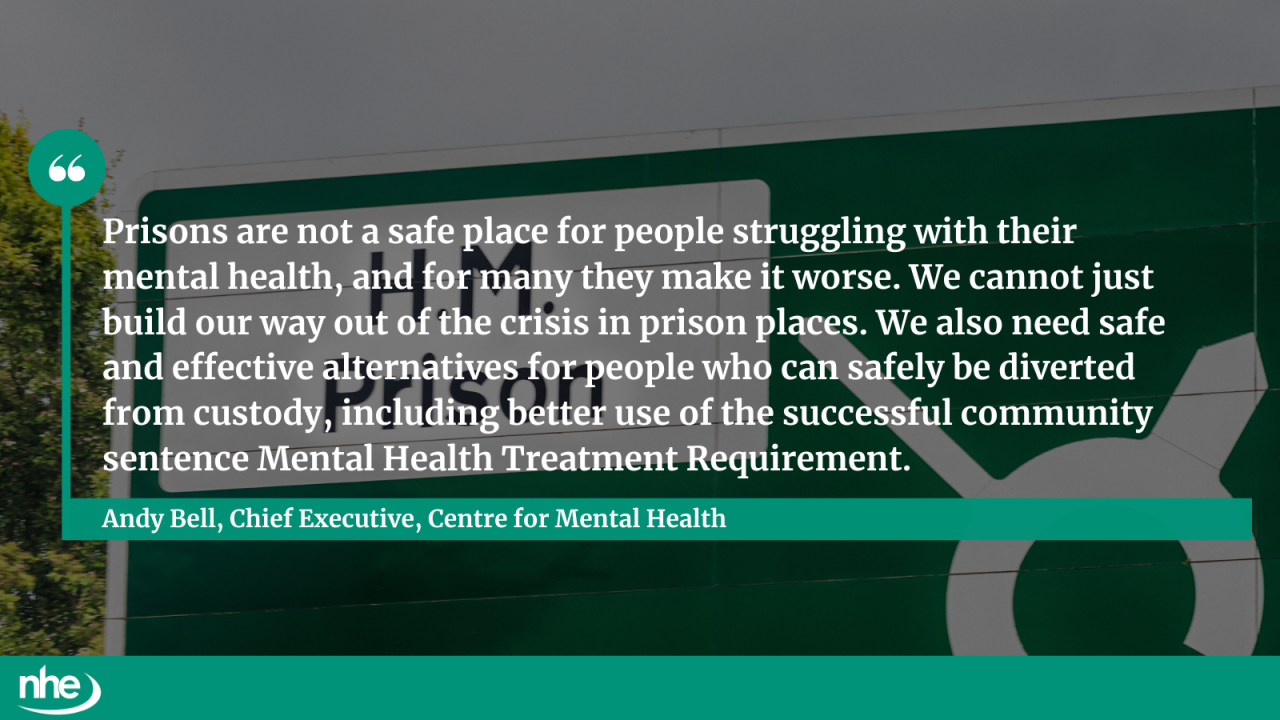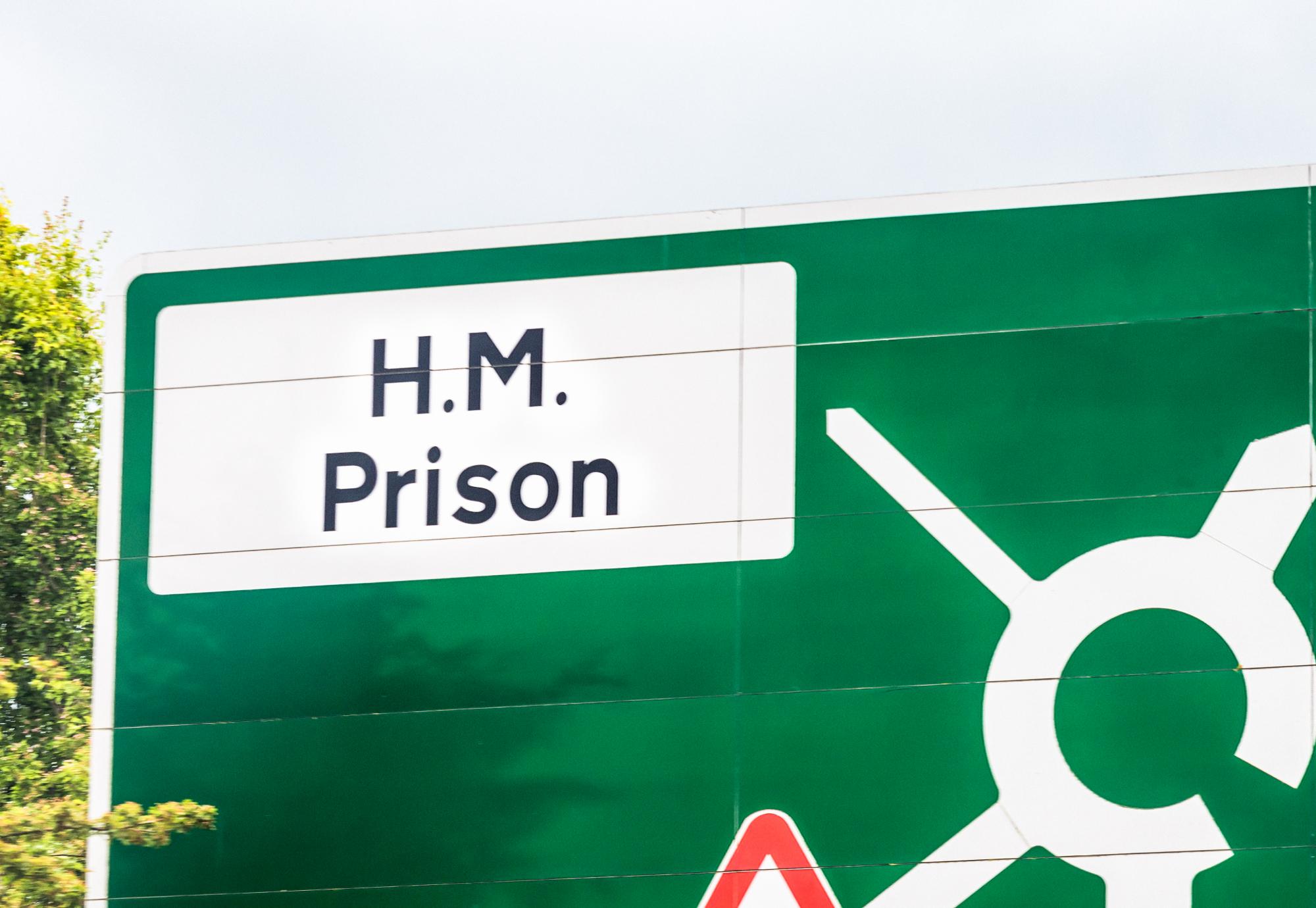Investing in community mental health services could ease pressure on the UK’s overcrowded prison system and reduce reoffending, according to a new policy paper from Centre for Mental Health and the Prison Advice and Care Trust.
The report calls for a portion of the £9 billion allocated for new prison places to be redirected towards mental health support for people in contact with the criminal justice system. The charities argue that this shift would not only improve outcomes for individuals but also reduce the strain on prisons and public services.
The paper highlights a growing mental health emergency in UK prisons, where mental ill health is now “the norm, not the exception.” Alarming statistics include:
- Self-harm incidents have more than tripled in a decade, rising from 25,843 in 2014 to 79,027 in 2024
- 56% of male and 74% of female prisoners report mental health problems
- Severely unwell prisoners often wait weeks or months for hospital transfers, despite a 28-day target
Chief Executive at Centre for Mental Health, Andy Bell, said:
“Prisons are not a safe place for people struggling with their mental health, and for many they make it worse. We cannot just build our way out of the crisis in prison places. We also need safe and effective alternatives for people who can safely be diverted from custody, including better use of the successful community sentence Mental Health Treatment Requirement. And we urgently need to speed up prison to hospital transfers to meet planned new Mental Health Act provisions to get people to a bed within 28 days.”

Overcrowding and staff shortages are worsening conditions, making it harder to deliver effective rehabilitation and mental health care.
The charities argue that chronic underfunding of community-based alternatives funnels vulnerable people into prison, where their mental health often deteriorates. Redirecting funds could expand the use of Mental Health Treatment Requirements (MHTRs), which have been shown to reduce reoffending and support recovery.
The paper also calls for better integration of families and carers into the treatment process. Many relatives play a vital role in supporting loved ones in custody, yet often feel excluded or ignored by the system.
The charities are urging the government and NHS to dismantle barriers to care, expand community mental health provision, and ensure that justice-involved individuals receive the support they need before, during, and after custody.
Image credit: iStock



















